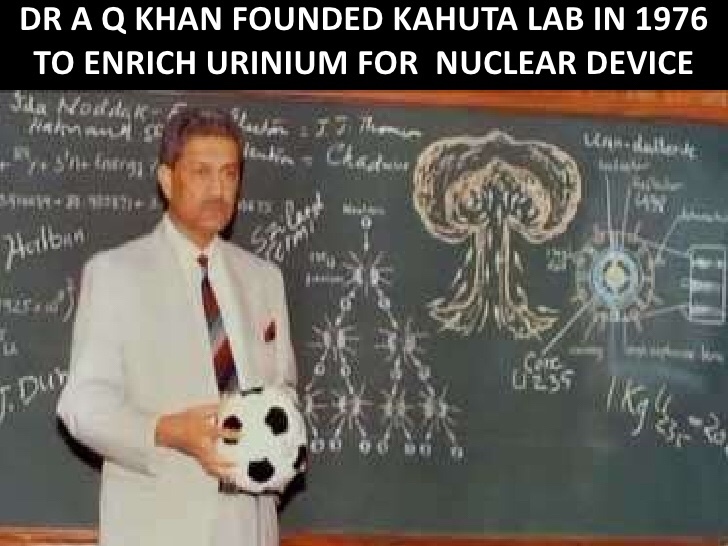 The Long Shadow of A.Q. Khan
The Long Shadow of A.Q. KhanHow One Scientist Helped the World Go Nuclear
January 31, 2018
On February 4, 2004, the Pakistani scientist Abdul Qadeer (A.Q.) Khan, then famous for his role in developing Pakistan’s nuclear arsenal, confessed on live television to having illegally proliferated nuclear weapons technology to Iran, Libya, and North Korea over the course of decades. Today Khan is enjoying a resurrection at home, where he is again touted as the “Mohsin e-Pakistan,” or the savior of Pakistan. He appears as the guest of honor at official ceremonies, and last year Sir Syed University of Engineering and Technology declared him a distinguished alumnus in recognition of his “meritorious services and valuable contributions towards scientific research and its practical application for the productive use for mankind.”
Outside of Pakistan, Khan has largely been forgotten, despite the fact that his fingerprints are all over the world’s most volatile nuclear hot spots. Indeed, three of the United States' most significant national security challenges—Iran, North Korea, and Pakistan—are largely the results of Khan's handiwork.
Between the start of Khan’s nuclear black market in the mid-1970s and his forced confession in 2004, the United States and other countries had many opportunities to stop him. Yet each time, policymakers decided that preventing the spread of nuclear weapons was less important than pursuing other foreign policy goals. These decisions haunt U.S. leaders today. Pakistan’s nuclear deterrent makes it impossible for U.S. commanders to force the country to close its safe havens for Afghan extremists. Iran’s nuclear program—though frozen for now—could still lead to a nuclear arms race in the Middle East. And North Korea, which Khan helped turn from a thorn in the world’s side into an unstable nuclear power, now threatens the lives of millions.
How were Khan’s activities allowed to continue for so long? And what lessons might the failures to contain him hold for policymakers today?
No comments:
Post a Comment